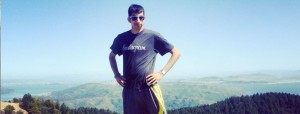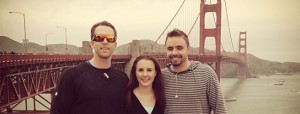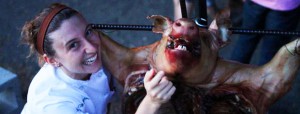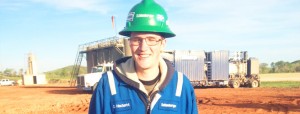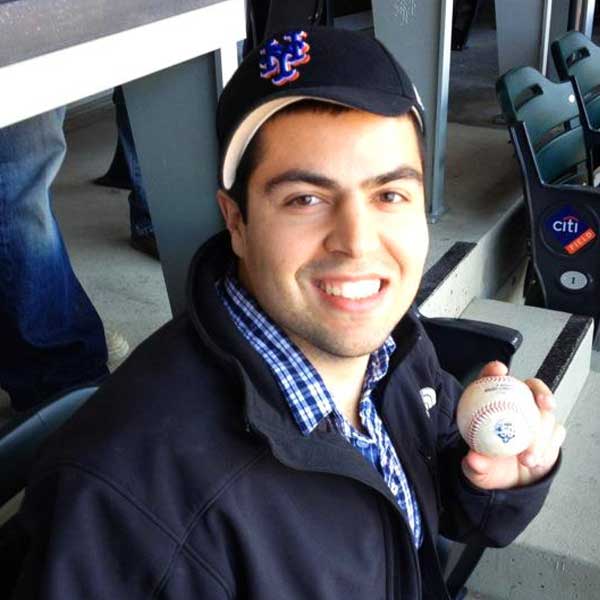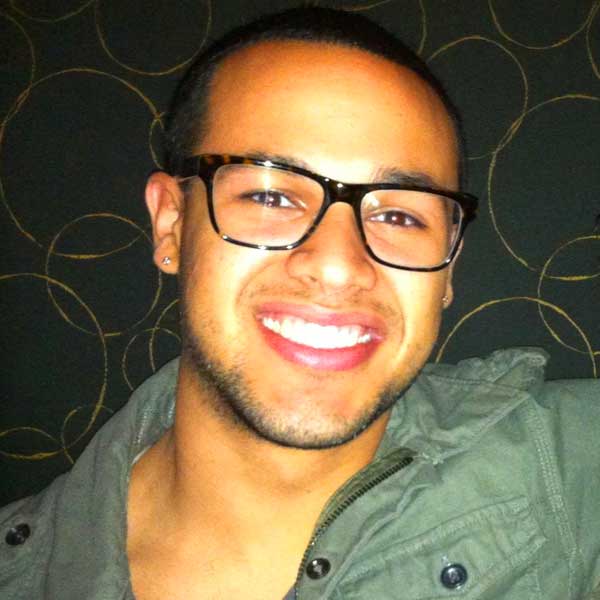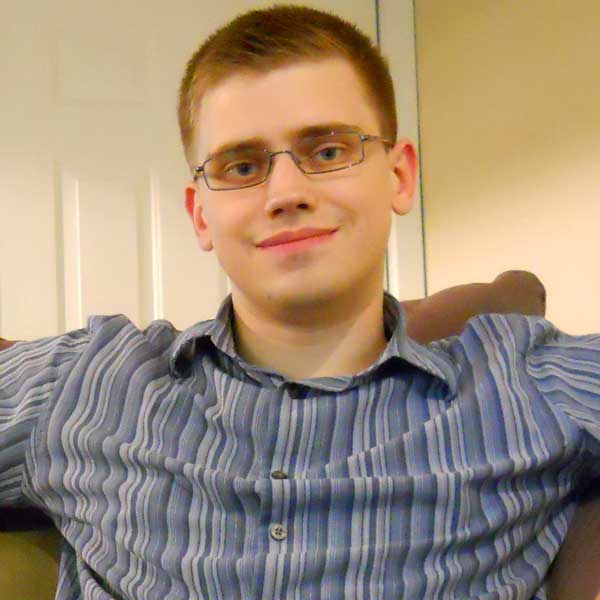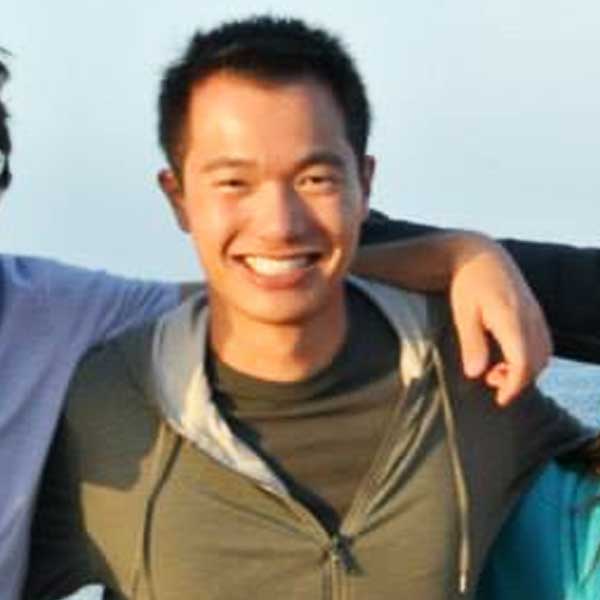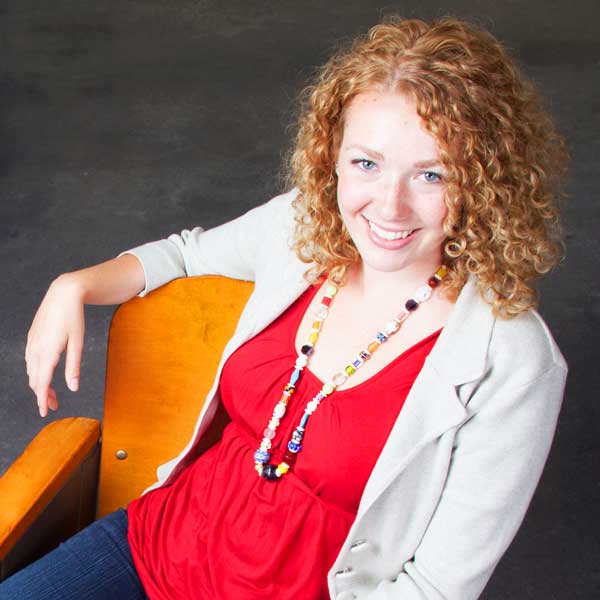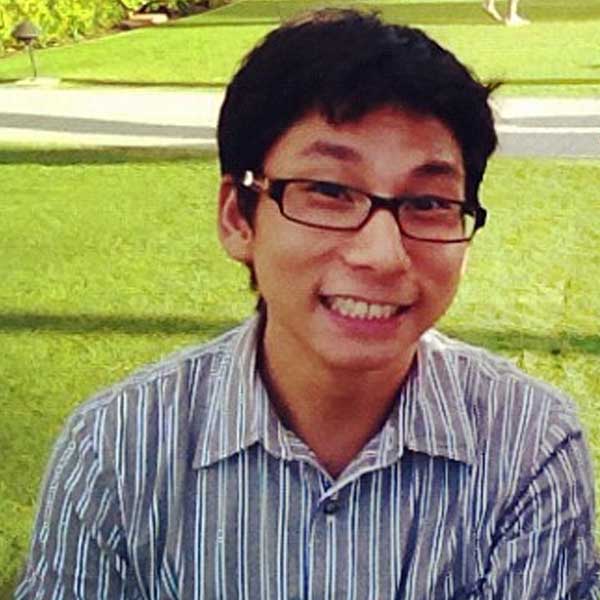
Name:
Genki
Career:
Systems Engineer
Company Field:
Government Contractor
Located In:
Washington, DC
Grew Up In:
Washington, DC
Graduated From:
Cornell University
Majored In:
Mechanical Engineering
Graduated In:
2010
 After College Lifestyles
After College Lifestyles
Data Engineering
Washington DC
Cornell University
Genki is a Systems Engineer and works on providing actionable data analysis to the US Government for the Federal Aviation Administration (FAA). Learn how his Engineering background and studies landed him this prestigious position, and how he applies what he learned to his every-day job.
Overview:
Name:
Genki
Career:
Systems Engineer
Company Field:
Government Contractor
Located In:
Washington, DC
Grew Up In:
Washington, DC
Graduated From:
Cornell University
Majored In:
Mechanical Engineering
Graduated In:
2010
Quick Stats on Systems Data Engineering
Work Hours/Week:
40 hours
Work Hour Flexibility:
High
Quality of Lifestyle Outside of Work:
High
Work Stress Level:
Low
Level of Routine Work:
Medium
Interaction with Co-Workers:
Medium
Pay Level (out of 5):
$$$$
Life of a College Grad Systems Data Engineer
Most of my company's work is for the United States government. We provide systems engineering and advanced technology expertise to address critical issues that the nation is facing. My role is to provide the Federal Aviation Administration (FAA) with objective data, analysis, and recommendations to help it make sound and well-informed decisions to keep you safe when you fly and to reduce delays.
Systems Engineer's Daily Routine:
7:30 AM Wake Up, eat breakfast
8:00 AM Leave for work
8:30 AM Arrive at work, check emails
9:00 AM Catch up with project lead to discuss progress and next steps
10:00 AM Analysis for Project #1
12:00 PM Grab lunch
1:00 PM Continue project #1
3:00 PM Receive feedback on report draft for project #2, work on revising report
5:30 PM Go to the gym
6:30 PM Go home, grab dinner
9:00 PM Watch TV and work on side projects
12:00 AM Go to sleep
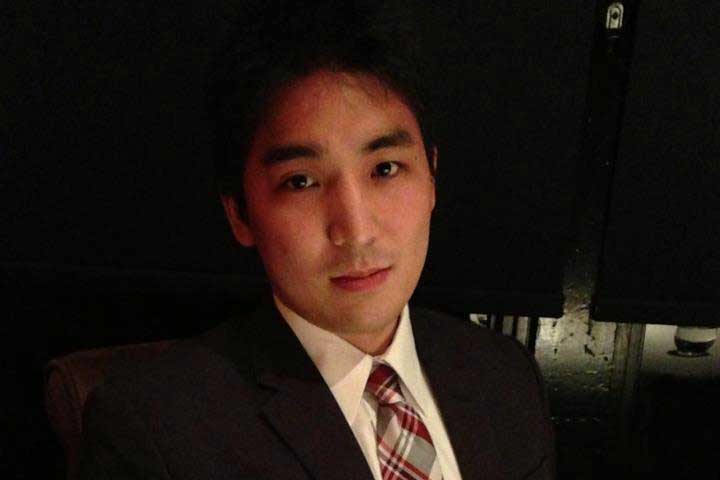

How To Get Into The Field
I had always excelled at math and science, and so I entered the College of Engineering at Cornell University. However, I did not know what major I wanted to become nor what career path I wanted to take. I started as a civil engineer but soon realized that mechanical engineering was more fun and exciting to me. I did a few internships at large manufacturing companies, but every internship I did something very different, which helped me find what I really wanted to do. If there's something you have never tried out but you suspect you might like, it is much better to find out whether you like it or not than to regret it later when the opportunity is lost forever. I found out about my current company through a recommendation of a friend. Although the job requirements did not directly match what I had studied in school, my engineering degree and passion for aviation definitely were the most important factors to land the job. I cannot emphasize this enough when interviewing for any job - show some excitement during your interviews and email correspondences - it will help you stand out!

What Do You
Really Do?
I am part data analyst, part software engineer, and part consultant. Most of my time is spent creating analysis tools, making sense of massive amounts of data, and then distilling my findings down into a concise form to present to the government sponsors. There are many opportunities where I have conducted research to come up with novel methods for analyzing aviation data.

Pros/Cons of Your Job
My job is intellectually stimulating, and I work with many smart people. There are plenty of opportunities for research and setting your own direction. There are people from so many different backgrounds (math, economics, all types of engineering and hard sciences) and thus a diverse mindset. It is a very stable job. However, sometimes there are repetitive analyses. Another drawback is that the work is strongly tied to the needs of the government, which means that drops in funding levels can affect the amount of work.
Living in Washington DC
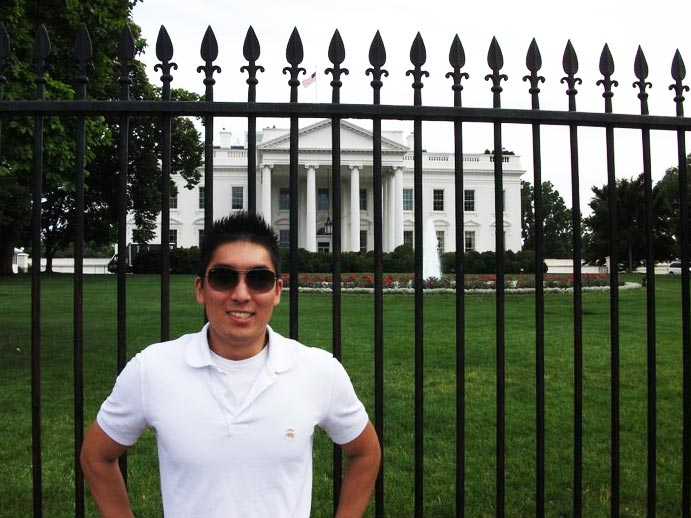
Quick Stats on Washington DC
Job Opportunities:
High
Competition for Housing:
Medium
Housing Cost:
High
Population of Young People:
High
Nightlife:
High
Safety:
High
Biggest Industries:
Government
The Life of a College Grad In Washington DC
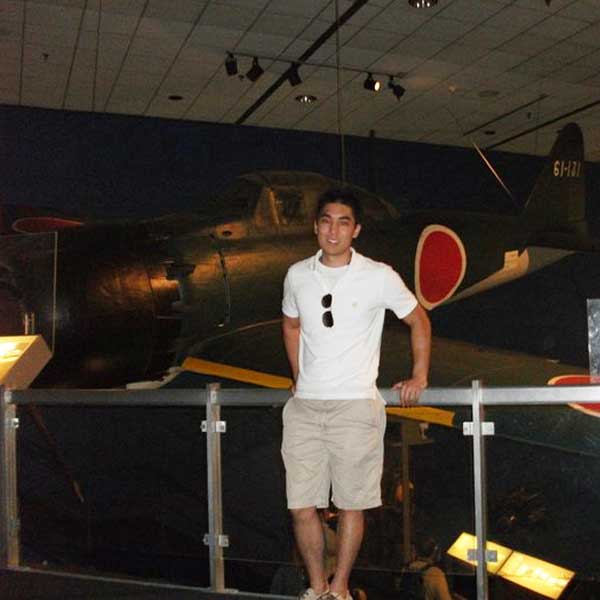

What's it Like to Live Here?
DC is an exciting and diverse place. It is fairly convenient to get around (there is a metro system) but not when driving. It feels like a small city but with plenty to do inside or outside the city - museums, sightseeing, concerts, shopping, fishing, rafting on the Potomac, skiing. There is plenty of nightlife inside the city but not in the suburbs, so it's not the most convenient thing for everybody (most people I know live outside of DC proper). Cost of living is high (although less than NYC and Bay Area). The food isn't as great as NYC or SF in my opinion. Everyone you meet will either be in politics or work for the government, either directly or indirectly.

How Did I End Up Here?
I grew up here in Washington DC. For college, I went to Cornell University (in Ithaca New York). After graduating, I decided to return to DC. It is nice to be back in a familiar city with good friends.

My Set-Up
I live at home. In my old bedroom. I am not ashamed. It saves boatloads of money.
Closing Advice
Try to do explore something different as often as you can. The only thing I regret now is that I am still finding out what I like and dislike in terms of both my interests and job, and I wish I could have done most of it earlier while still in school. Take classes outside your major and curriculum. Join different teams and clubs (you can always quit without much consequence if you don't like it, unlike a full-time job).
Share This Page:
Most Recent College Grads:
Check out these related sections:

 After College Lifestyles
After College Lifestyles

 How To Get Into The Field
How To Get Into The Field What Do You Really Do?
What Do You Really Do? Pros/Cons of Your Job
Pros/Cons of Your Job

 What's it Like to Live Here?
What's it Like to Live Here? How Did I End Up Here?
How Did I End Up Here? My Set-Up
My Set-Up


